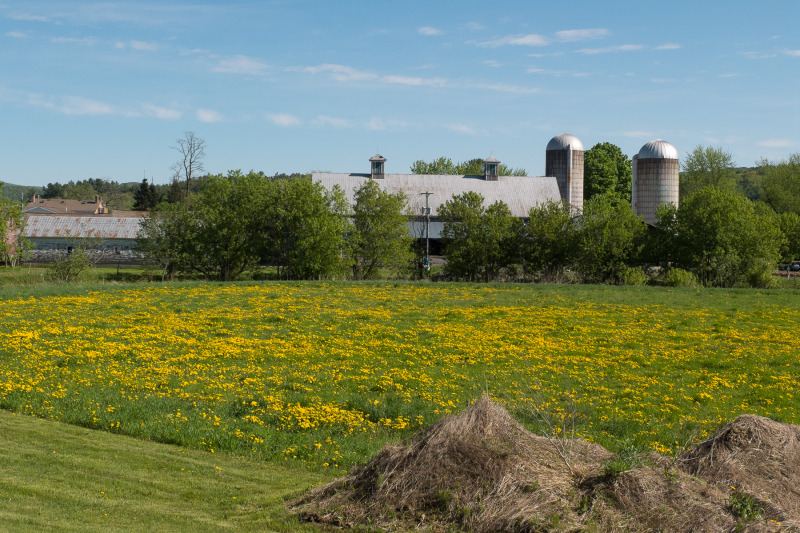A 16th century answer for a 21st century question?
I’m working with our communications director, Andy Merritt, on a project that involves our panel discussion with 6 religiously unaffiliated people at the New England Synod Assembly. “Nones” as they are sometimes called, because they check the box ‘none’ when asked in surveys: What religion are you? The project is to create a two session curriculum piece for congregations. Each session features a 30 minute video of the synod assembly conversation. Then we have some discussion questions, with suggested action items. Hey, look at that I've planned two weeks of your sunday adult coffee and conversation for the fall. And who says, the synod never does anything for us. We plan to have that ready to distribute later this summer to congregations of the synod, for the cost of postage and handling. More information to come.
Here is part one, it runs about 30 minutes in length. We're working on part two.
In the meantime, I wanted to follow-up on something that Professor John Hoffmeyer wrote in his response. (See below)
He notes that what he did not hear our panelists articulate was any hint of failure or disconnect that may drive them to faith. His words: . In short, none of them articulated for their own lives the problems to which Lutherans have traditionally addressed the promise of the gospel. In the language of the beginnings of Lutheranism in the 16th century, none of them talked about having a “terrified conscience.” In more contemporary terms, none of them expressed a sense of needing to be delivered or healed from the things that Lutherans have traditionally highlighted as the problems for which the gospel offers deliverance and healing.
This statement has peaked my interest significantly. I’m now wondering if we are offering an answer to a question that is no longer being asked. Is that possible? Let me be clear, I am not questioning our theological structure, nor am I doubting our core understanding of Justification by Grace through Faith. Rather, I’m raising the possibility, that in the 16th century people did experience, feel, think about and have a “terrified conscience”, and therefore Luther’s re-forming of the faith resonated culturally as well as theologically. Our panelists may suggest that in the 21st century people are not experiencing, thinking or feeling a strong sense of having a “terrified conscience.” If this is the case, we may be providing answers to a question few are asking.
If this is true, what are the questions people are asking? As I watch these videos, I’m hearing a desire for:
1) Safe, non-judgemental places for people to explore the deeper questions of life, faith, God.
2) The great suspicion of rules, yet the hunger for relationships raises the possibility that people are seeking an authentic community.
3) I also sense a desire for people to clarify their purpose in life. What gives life meaning? How is God connected to that question?
These are all questions and ponderings that have theological implications that need some serious work in my opinion. Brian McLaren has attempted to get at some of these theological questions in his book “A New Kind of Christianity” and Phylis Tickle has posed her own belief that an emerging Christianity must become more conversational and interactive as opposed to propositional. She has also hinted that Christianity has to reclaim its 1st century Jewish connections, as well as some of the theologies lost in the Great Schism of 1054. This means our pastors should think about reading Greek Orthodox theology as well as rabbinical texts.
I’m not sure where it’s all going, but it’s moving. We’re on a wave, and I’d advise learning how to surf, cause standing in front of a wave doesn’t yield positive results.



































